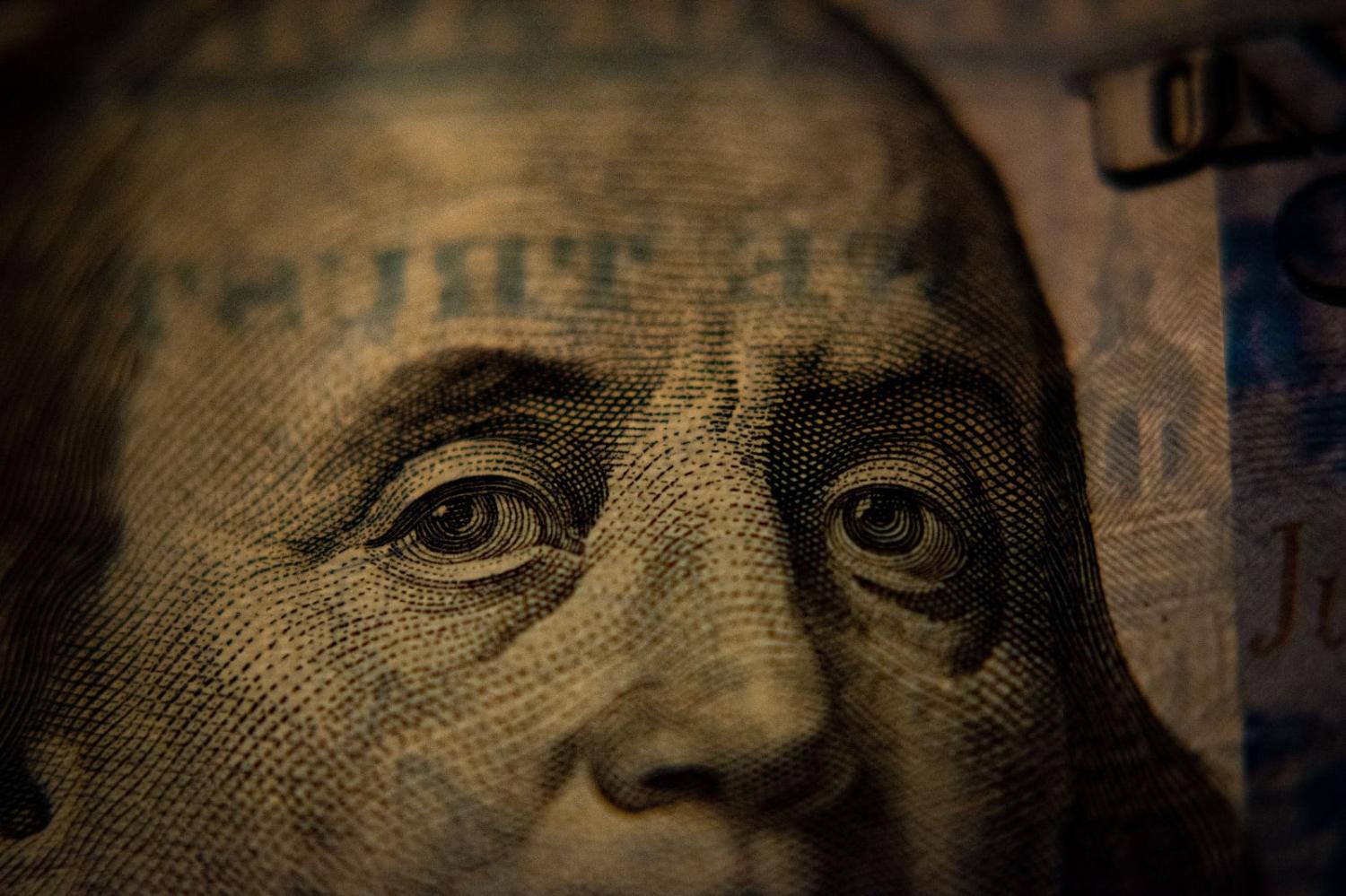



Cracks Emerge in the Petrodollar System Underpinning Dollar Dominance
This month, the leaders of the BRICS nations – Brazil, Russia, India, China and South Africa – will meet in South Africa for discussions on creating a new global reserve currency that could rival the US dollar.
This effort comes amid growing unease over dollar weaponization through sanctions and financial control.
Many countries now seek greater independence from the US-centric financial system.
But how did the dollar become the world’s dominant currency?
The Origins of Dollar Primacy
After World War II, the victorious Allies met at Bretton Woods and designated the US dollar as the principal global reserve currency.
It was pegged to gold at $35 an ounce.
But in 1971, the dollar’s gold convertibility ended due to insufficient US reserves, rendering it fiat money.
Shortly after, the US brokered the petrodollar system with Saudi Arabia.
America provided military support in exchange for OPEC pricing oil in dollars worldwide.
This created artificial dollar demand, enabling its global dominance.
Cracks Emerge in Dollar Hegemony
However, dollar supremacy looks increasingly fragile.
In 2021, Saudi Arabia and Russia signed a military cooperation pact, signaling waning US exclusivity as protector of the Saudi Kingdom.
At this year’s World Economic Forum, Saudi’s Finance Minister announced the country would consider trading oil in currencies besides the dollar, something not done in nearly 50 years.
During the last BRICS summit in 2022, Russian President Vladimir Putin confirmed the bloc was developing an “international reserve currency” to challenge the existing financial order.
The new currency may return to a gold-backed model for stability.
Xi Jinping’s Visit to Bolster BRICS Alliance
The BRICS currency will again be on the agenda when the leaders convene in South Africa this month.
Chinese leader Xi Jinping travels there Monday to strengthen Beijing’s ties with emerging economies as confrontation grows with the US.
This marks only Xi’s second overseas trip this year after visiting Russia’s Putin in March.
The two autocrats reaffirmed their strategic alignment against US dominance.
For Xi, the BRICS summit is another chance to promote his vision for a multipolar world no longer dictated by the West.
The bloc’s members represent over 40% of the global population and seek greater influence.
Xi’s Push for Global South Engagement
With China and the US embroiled in intensifying rivalry, BRICS has become more strategically vital for Beijing, experts say.
Xi aims to engage Global South nations that are largely authoritarian and eager to reduce Western sway.
But Xi also faces economic instability at home after harsh Covid lockdowns, constraining his ability to wield power abroad.
China’s economic troubles have made it more selective with overseas spending.
Nonetheless, Beijing is boosting low-cost political and military involvement in Africa to demonstrate enduring care for the continent.
On this trip, Xi will meet African leaders but forego visits to multiple nations as in 2018.
As the major emerging economies of the BRICS bloc gather in South Africa, the summit provides Chinese leader Xi Jinping an important multilateral platform to promote his vision for a new global order, even as he faces economic troubles back home.
With tensions escalating between China and the United States, the BRICS grouping allows Xi to engage with developing nations from Asia, Africa and Latin America that are crucial to extending Beijing’s influence worldwide.
These Global South countries are eager for a greater voice in global affairs and a reduced reliance on the West.
For Xi, the summit is an opportunity to position China as a leader of the developing world and offer an alternative to the Western-dominated institutions.
It also lets him tout the BRICS nations as both a counterweight to American power and an example of South-South cooperation.
The BRICS forum provides a stage to promote China’s vision for a “new global order” while the US works to maintain the status quo.
Our government had better act fast, or we’ll have an even bigger economic mess to contend with.
Read the original story here:
CNN



